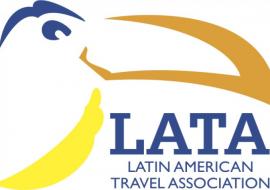Worldwide Boom in Youth Tourism Expected, WYSE Says
Young travelers aged 16-24 are the travel industry’s fastest growing sector, new statistics from the World Youth Student & Educational Travel Confederation (WYSE) revealed.
Representing over 20 percent of all international visitors, WYS&ETC said “adventurous young backpackers stay longer, spend more, seek out alternative destinations and enjoy a wider mix of travel experiences” compared with average tourists. “Not surprisingly they are increasingly being viewed as the future of global tourism by the travel industry.”
According to Amsterdam-based WYSE, it has recently launched a partnership with the United Nations World Tourism Organization (UNWTO). Together they hope to promote and develop this multi-billion pound industry by encouraging governments to actively support and develop youth tourism products and services.
“Young travelers of today set travel trends for the future and make a unique contribution to local economies and cultures,” said WYSE Travel Confederation director general David Jones. “We look forward to a fruitful partnership with UNWTO in delivering this message to governments and industry worldwide”.
Citing a joint study with UNWTO, WYSE said, “Surprisingly few countries are currently engaged in developing youth travel, despite the fact that 60 percent recognize this market as fundamental to the future of their tourism industry.”
It added, “Only a third of the world’s tourism authorities have a specific student or youth tourism policy; less than a third collect statistics on this sector; only a quarter have policies for product development; and less than a third have a marketing policy.
According to WYSE Travel Confederation, it will host a series of international seminars and will produce a compendium of research about the positive impact of youth travel along with UNWTO this year. “At the heart of this campaign will be the promotion of responsible travel habits and practices, as well as the sustainable development of tourism,” said WYSE.














